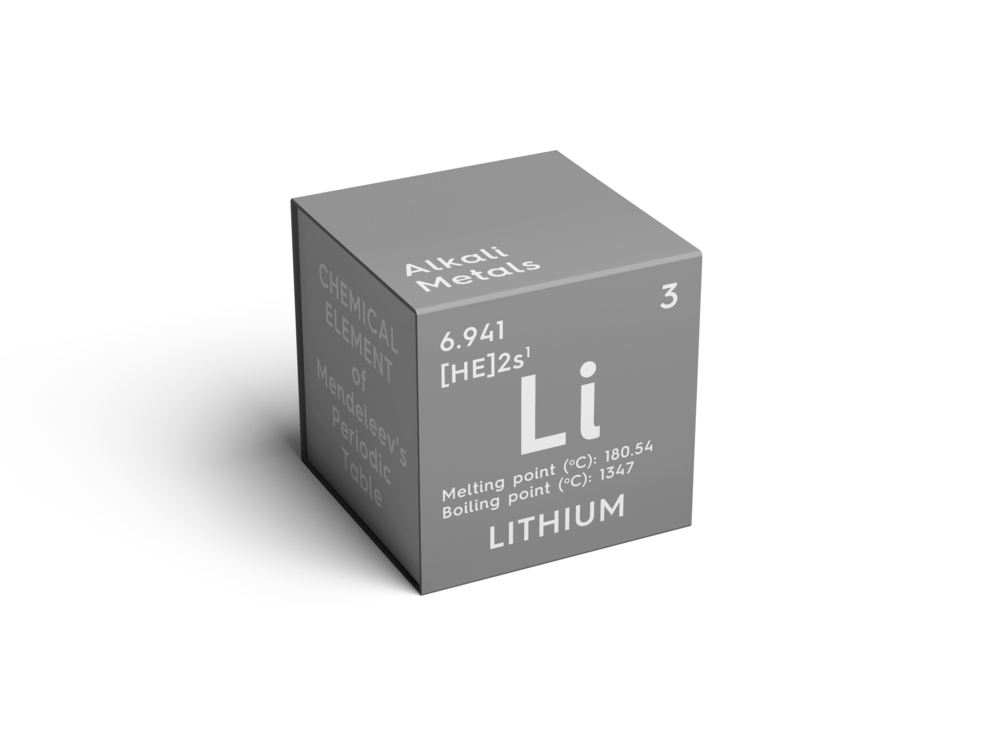More Studies Needed to Understand Link Between Dementia Prevention and Lithium Intake

Increasing the intake of trace amounts of lithium over a long period may prevent Alzheimer’s disease and other types of dementia, recent findings suggest. But the link between lithium and dementia is nonlinear, and the wrong amount appeared to increase dementia risk, according to a study published in the journal JAMA Psychiatry.
This could indicate that an unaccounted factor affects the risk, researchers from the University of Copenhagen and the Danish National Institute of Public Health said.
The study, “Association of Lithium in Drinking Water With the Incidence of Dementia,” used records of the diagnoses of dementia and the measurements of lithium in drinking water across 275 municipalities in Denmark. The research team collected data on 73,731 patients with dementia and 733,653 healthy controls.
By correlating lithium intake to diagnoses of dementia, researchers found that people who consumed small amounts of lithium — 2-5 micrograms per liter — had a higher risk of dementia than people whose drinking water had more than 10 micrograms per liter.
But the link between dementia and lithium intake is nonlinear because people who ingested 5.1-10 micrograms per liter had a higher risk of dementia compared with the group that consumed 2-5 micrograms per liter.
Researchers found similar patterns while examining the diagnoses of Alzheimer’s disease and vascular dementia.
The link between lithium, a metal used to treat bipolar disorder, and Alzheimer’s is not new. Clinical trials have shown that lithium supplements improved cognition in patients with mild cognitive impairment or Alzheimer’s disease. But the nonlinear relationship makes researchers suspect that there might be another factor at work, possibly related to dementia or the geographic areas examined.
The need for the findings to be cautiously interpreted was raised in an accompanying editorial by researchers at the Queensland Brain Institute in Australia. John J. McGrath, PhD, MD, and Michael Berk, PhD, who wrote the editorial, also highlighted the importance of research into preventive measures for Alzheimer’s disease and other dementias.
“In the absence of treatments to cure the disorder (or even reduce the associated burden by delaying onset or reducing disability), the prevention of dementia must be a priority research topic,” they wrote.
Optimizing the amount of lithium in drinking water might be a cheap and simple way to intervene, they argued. But studies proving that increased lithium is not linked to unintended negative outcomes are needed.
According to a report by Reuters, Brent Forester, head of the geriatric division at the Harvard-affiliated McLean Hospital, advised against attempting to prevent dementia by using lithium at home because the metal can cause kidney damage. However, the amounts found in Danish drinking water were too low to pose a serious risk, he said.
Nevertheless, the idea that it could be possible to reduce dementia rates with a simple change in drinking water is appealing.
“If the findings of Kessing and colleagues are supported in future studies, even a marginal reduction in the incidence of dementia could result in major societal and economic gains,” McGrath and Berk concluded.






